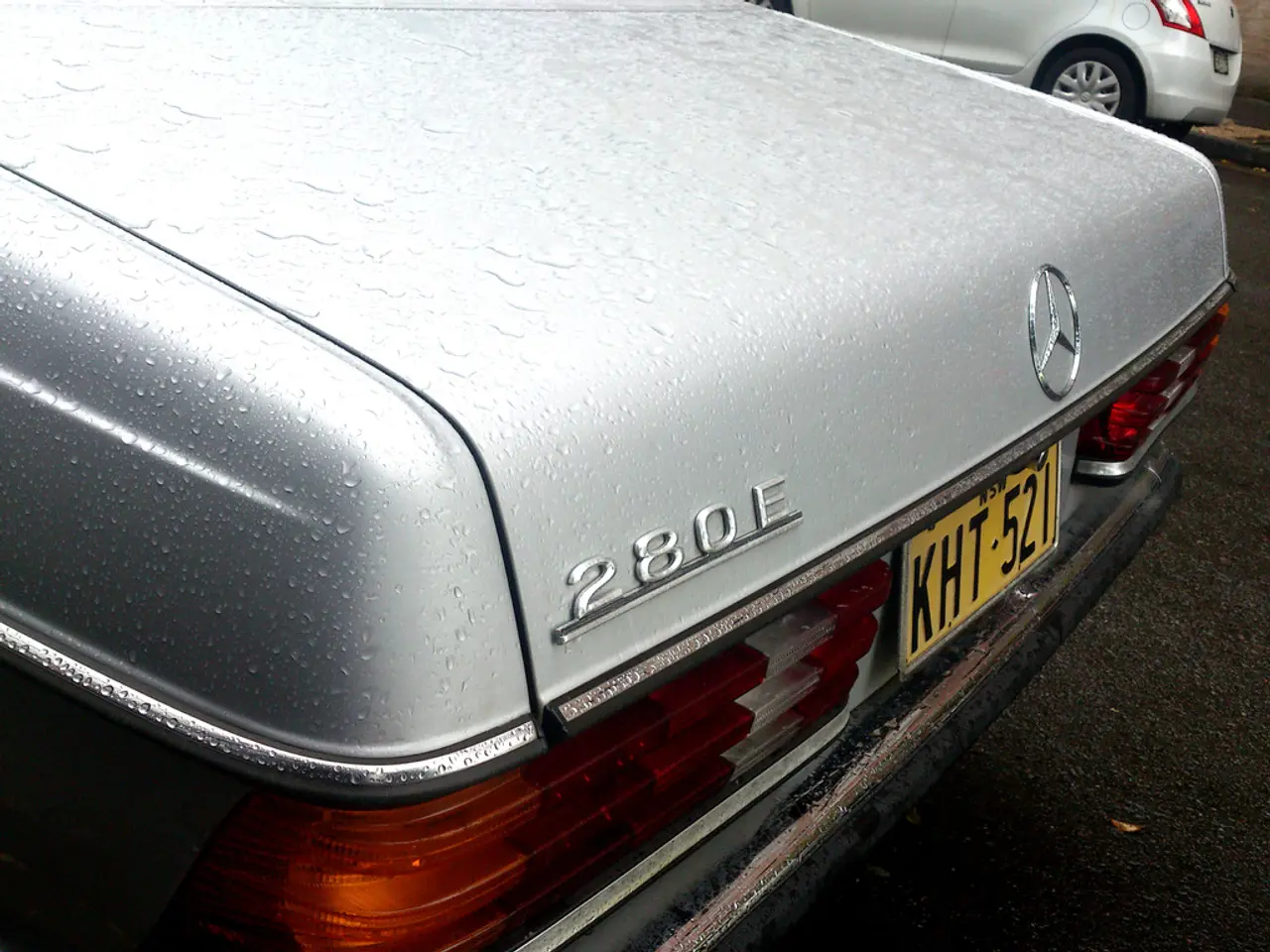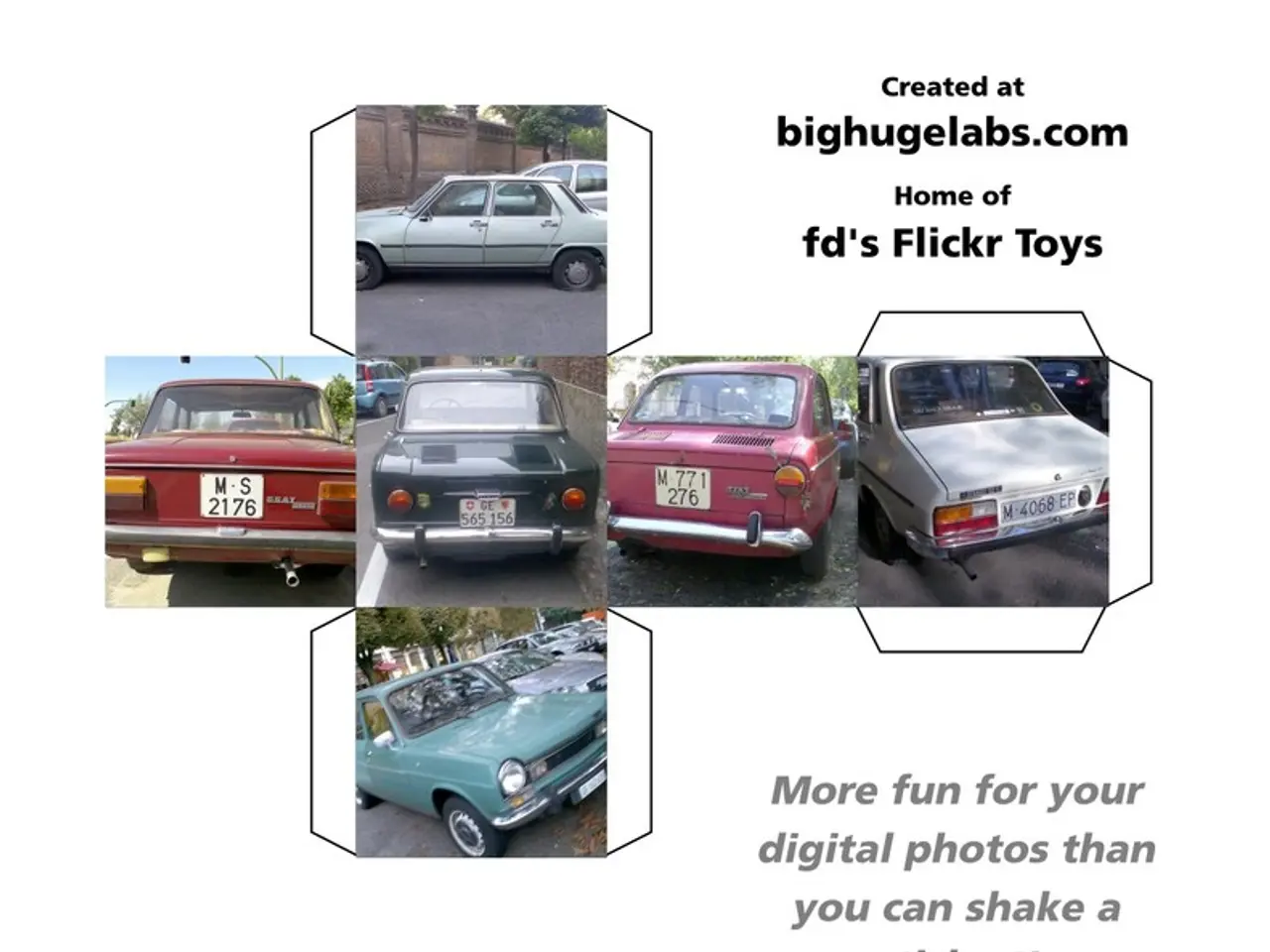Mercedes Halts Orders for Electric Vehicles in the U.S. - The Reason Behind It
In a recent development, luxury car manufacturer Mercedes-Benz has announced a temporary halt on orders and production of certain electric vehicle (EV) models in the U.S. This decision comes in response to weak consumer demand, rising dealership inventory, and changing market conditions, including the elimination of federal EV tax credits.
The pause, which started with the closure of order banks, will result in production for the U.S. stopping on September 1, 2025. However, production for global markets will continue uninterrupted. The affected models include the EQS and EQE sedans and SUVs.
The company has cited "current market conditions" and the need to align supply with actual customer demand as the reasons for this decision. In an effort to stimulate demand, Mercedes-Benz is cutting the U.S. prices of these EV models by 4% to 16% for the 2026 model year. Despite suspending U.S. shipments temporarily, the company is still moving forward with other electric models like the CLA and GLC EVs for the U.S. market.
The representative from Mercedes-Benz expressed confidence that demand for battery electric vehicles in the U.S. will not drop to zero, despite the elimination of the tax credit. No specific timeline has been announced for when orders and production might resume in the U.S., only that this is a temporary pause pending market conditions.
The temporary halt affects all variants of the EQS sedan, EQS SUV, EQE sedan, and EQE SUV. Vehicles scheduled for production before September 1 will still be delivered. It's important to note that the U.S. President signed a new budget bill this month, eliminating the $7,500 tax credit for new electric vehicles, which may have contributed to the unfavourable market conditions.
Despite these challenges, Mercedes-Benz remains optimistic about the future of electric vehicles. The representative also believes that the medium- to long-term acceptance rate of battery electric vehicles in the U.S. will gradually increase, although at a potentially slower pace due to new regulatory paths.
Electric vehicle sales in North America increased by only 5% in the first four months of this year, compared to higher rates in Europe and China. This suggests that the market for electric vehicles in the U.S. may be more volatile and less supportive of the rapid transition to electric mobility that some had anticipated.
Mercedes-Benz began producing the EQS SUV and EQE SUV at its Alabama plant in 2022, and the Mercedes-Maybach EQS SUV was added in 2023. The company's optimism about the future of electric vehicles in the U.S. is based on the expectation that interest in electric vehicles will recover over time.
In conclusion, Mercedes-Benz's decision to temporarily halt orders for its electric vehicles in the U.S. is a response to current market conditions. The company remains optimistic about the future of electric vehicles and is taking steps to stimulate demand, such as price cuts and the continued production of other electric models. The company will continue to monitor market conditions and adjust its strategy as necessary to ensure long-term success in the electric vehicle market.
References: [1] Mercedes-Benz Press Release [2] Bloomberg News [3] Reuters News [4] CNN Business [5] The Wall Street Journal
- The temporary halt in production of certain electric vehicle models by Mercedes-Benz is due to the need to realign supply with actual customer demand, reflecting changes in the broader market conditions, particularly in finance and technology.
- In an attempt to stimulate demand, Mercedes-Benz has announced price cuts for its electric vehicle models in the U.S. for the 2026 model year, demonstrating the company's ongoing engagement with the finance and technology sectors of the industry.




